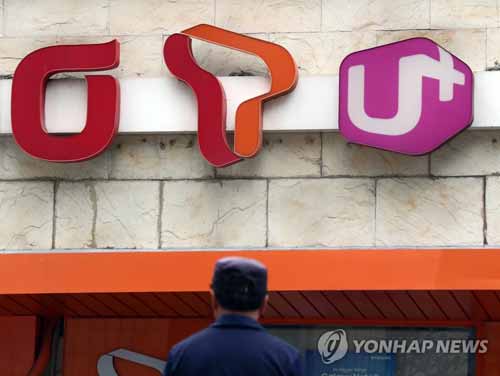Government led realization of universal fare system legalization far away
Kim Ji Young | kjy@ | 2018-03-19 11:10:55

By Yonhab News
According to industry sources on March 18, the introduction of the universal service plan was passed on to government legislation last month when the telecom operators, the mobile phone industry, and civic groups were unable to narrow their differences at the House Communication Policy Council. The Ministry of Science, Technology, and Information is planning to submit a bill to the National Assembly by June. But there is a threshold to go before this.
The first step is to pass the review of the Regulatory Reform Committee. In the case of the bill submitted by the government, not the bill proposed by the National Assembly, it must be examined by the Criminal Justice. One of the government`s mobile cost reduction measures, the elderly telecommunication fee reductions, must also be reviewed again in March because it has not exceeded the threshold of the prefectural level last year. It is unclear whether the universal fare system will pass the prefectural examination because it has a strong regulatory nature that imposes fees on operators.
Thereafter, examination of the legal system is also necessary. The Legislation also examines the purpose and necessity of the bill as well as the possession of the Constitution. The three mobile carriers have argued that an artificial price regulation could distort the market and violate the Constitution from the beginning of the Universal Plan.
Even if all of these judgments are passed, it is uncertain whether the discussion of the National Assembly will be done properly. Currently, the National Assembly Science and Technology Information and Communications Commission is in quiescence due to a quorum problem, and even the ruling party should be cautious about the universal fare system. Some argue that the local elections are scheduled for June, when the Ministry of Finance and Economy (MIC) is expected to issue legislation, and the populist debate will take place once again when the bill is implemented.
There is also a problem of agreement with the operators. Once the company has a direct influence on the average revenue per user (ARPU) when introducing a universal rate plan, it is rebelling. If a universal fare system is introduced, it is also necessary to persuade the user to worry about leaving the subscriber. Along with the general plan, it is inevitable that the phone and the market overlap with each other. Therefore, it is argued that the introduction of the universal fare system should precede the additional support plan for the mobile phone operators.
Nonetheless, civic groups have decided to continue to demand that the universal fare system be legislated. Currently, Chu Hye Sun (Justice Ministry) has initiated some amendments to the Telecommunications Business Act to introduce a universal fare system in June last year, but is pending for the government`s merger with the universal fare system. On August 16, Choo held a press conference with the National Association of Mobile Communications and Distribution, the People`s Solidarity for Participatory Democracy, and urged the adoption of a universal fare system.
A telecommunication expert stated, "The universal fleet system cannot find a social consensus, so it is inevitable that there will be procedural obstacles as it is promoted as a governmental legislation. There will be many problems ahead of local elections and it will not be easy to introduce."
By Kim Ji Young kjy@
